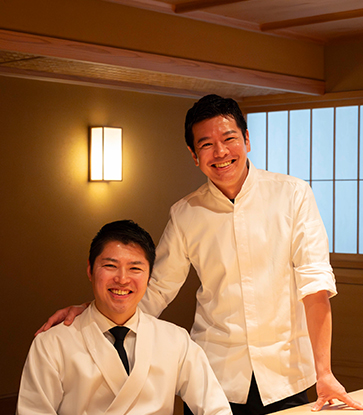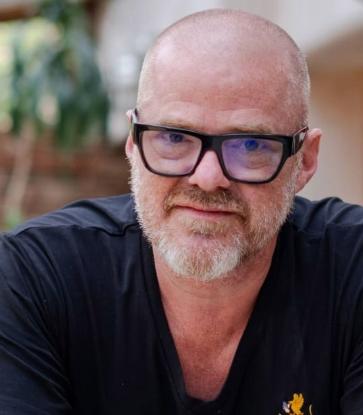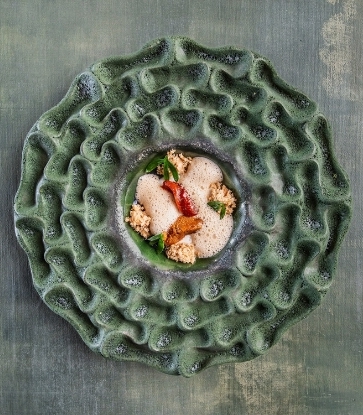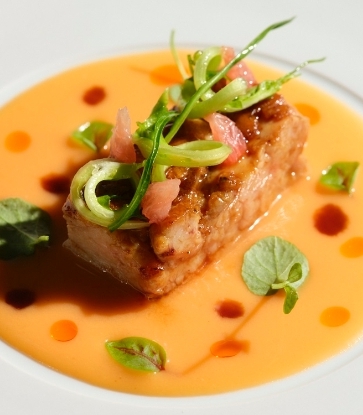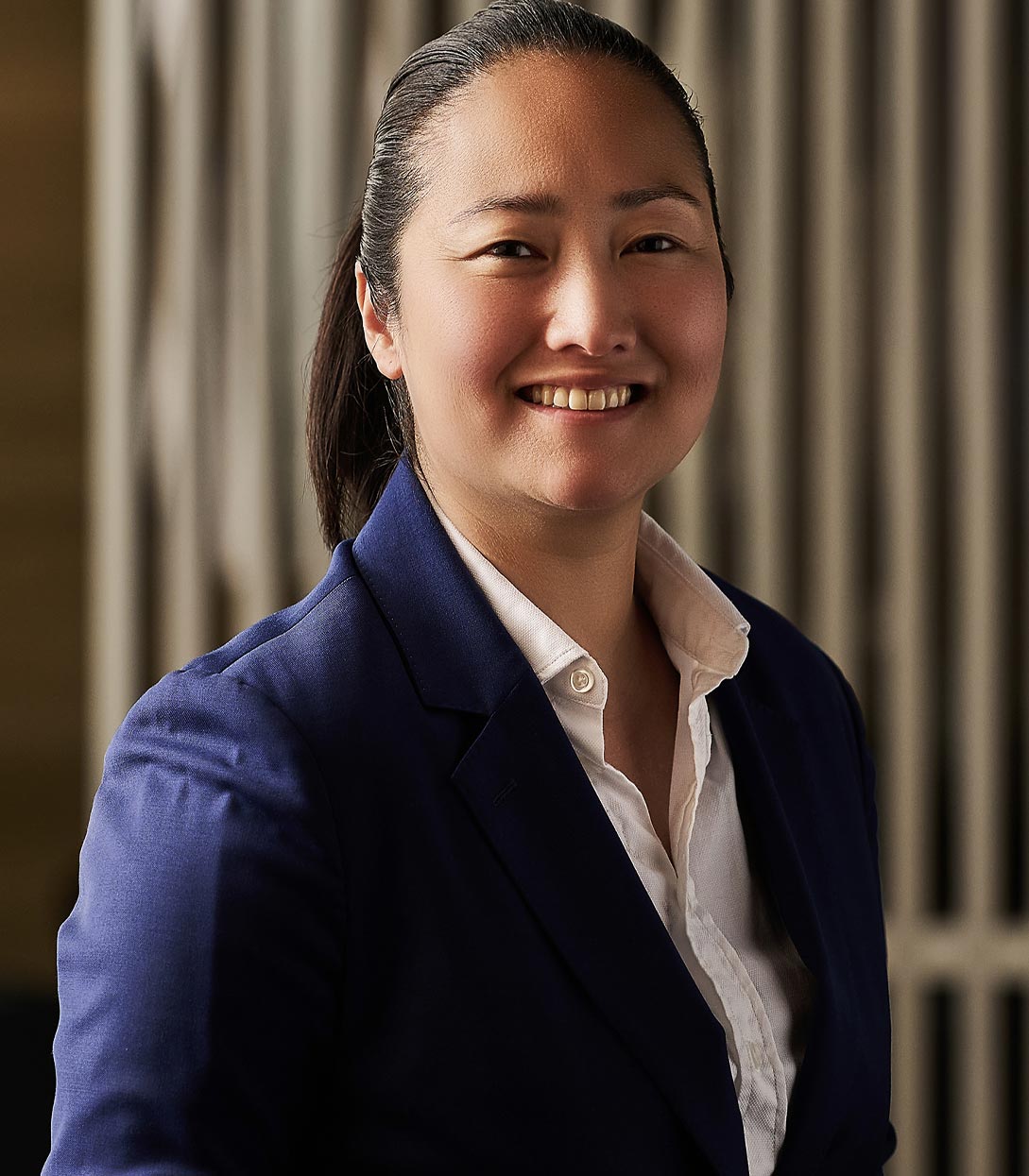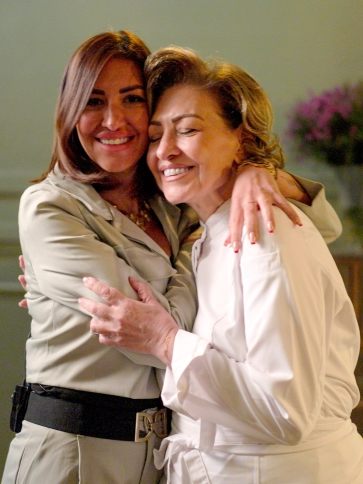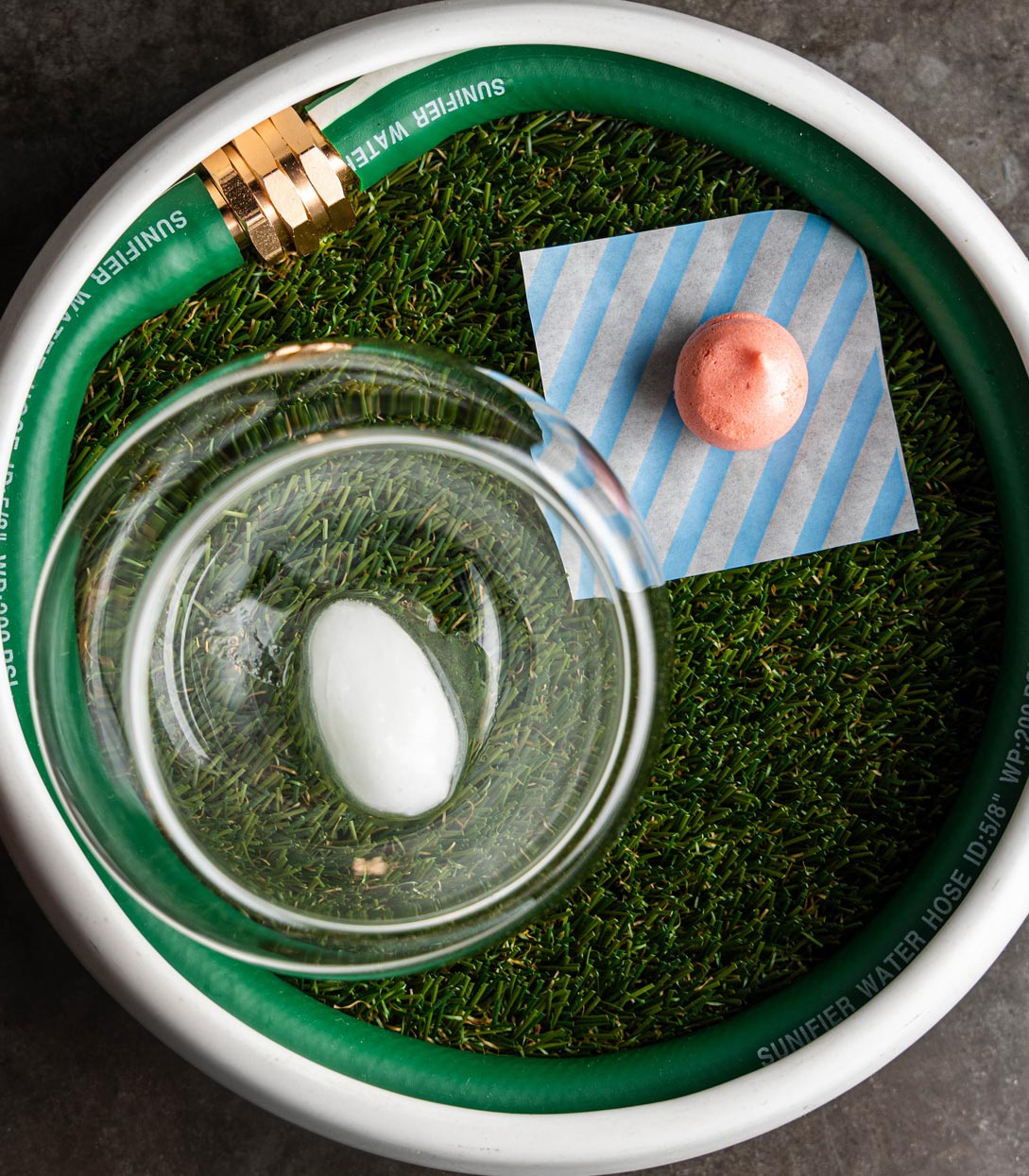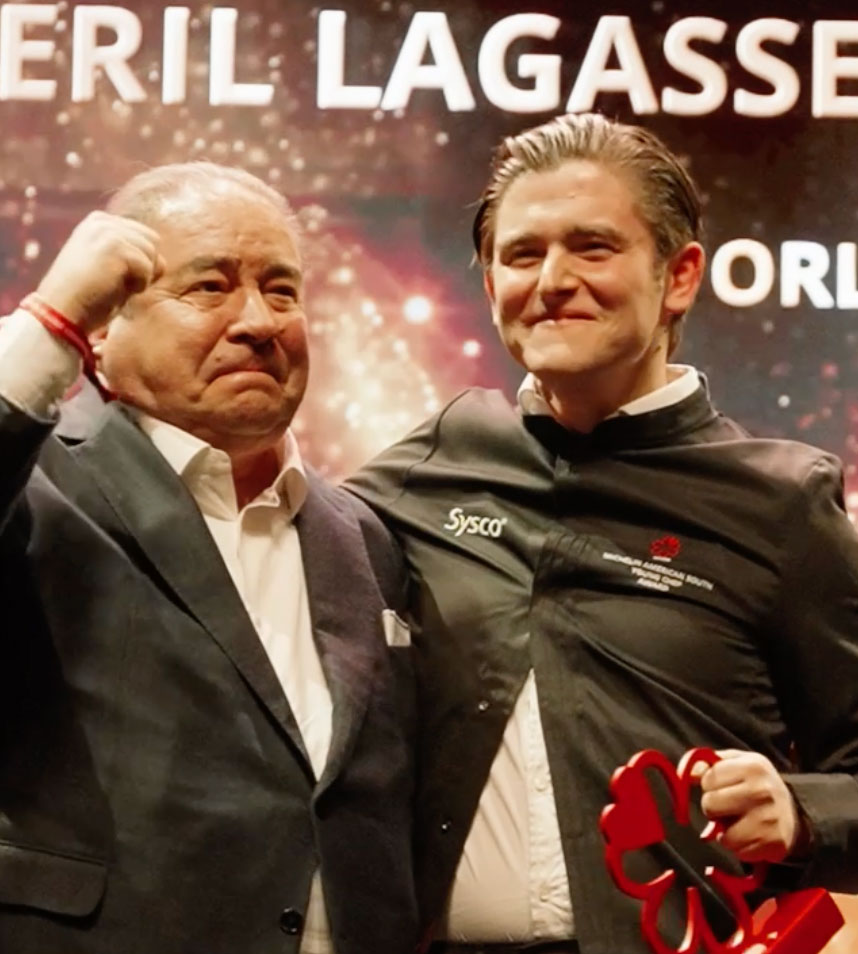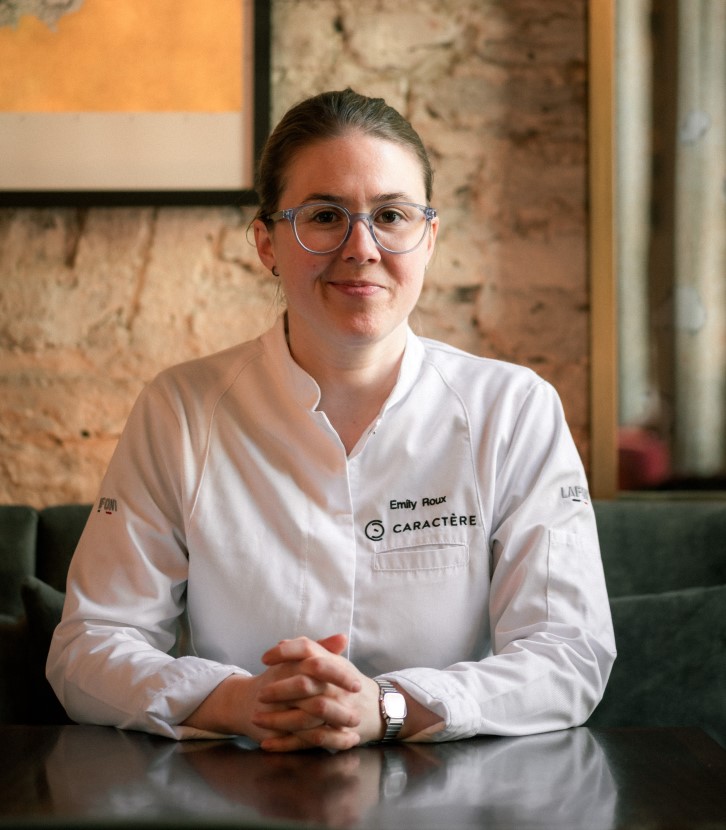All year long, Chef Chudaree “Tam” Debhakam has kept her head down, tuned out the noise around her, and focused on advancing her mission at Baan Tepa. From perfecting her deeply personal tasting menu to advancing the restaurant’s sustainability initiatives, the 31-year-old chef only thought about how she and her team could make more precise cuisine, create stronger links with local farmers, and get better.
Little did Debhakam realise her hard work was about to pay off with two significant recognitions.
At the 2024 MICHELIN Guide Thailand Ceremony, Debhakam received the 2024 MICHELIN Guide Young Chef Award. Minutes later, she learned that Baan Tepa had been awarded two MICHELIN stars, making her the world’s first female Thai chef to lead a two MICHELIN Star restaurant.
Moments later, we caught up with Debhakam, the talented young chef who is on a meteoric rise to the pinnacle of Thailand’s culinary world. She talks about motivation, the one dish that most defines her, and her unflinching belief in hard work.

You said you weren’t expecting either recognition. How do you feel now?
“Just super grateful. I’ve been working so much this year. I’ve been laser-focused on the goals I knew I wanted to achieve not for the sake of any awards but really for our mission at Baan Tepa. It was a “whatever happens, happens” situation. We go to work [with the same energy] each day.”
What were those goals? What did you want to achieve this year?
“We wanted to be even more involved with local farming communities and support Thai ingredients and producers. I wanted to create something that’s long-lasting. By that, I mean sourcing locally [and creating an enduring food system], of course, but I also wanted to help the team be better cooks and have better knowledge of Thai ingredients and try to pass on the passion that I have for cooking local cuisine.
“I also wanted to develop the menu in a way that better reflects our identity. I never see myself as a complete chef or even a complete person; I’m changing every year. But this year, I thought, ‘Okay, I’m going to try to put more of myself in my dishes.’ I think that helped us find our identity a bit more.”
“My role models are people who strive for excellence. They do this work because they love it. I feed off that energy, and I want to give you that energy, too.”

Do you think recognitions like these are validation that you’re succeeding?
“It’s motivation. It tells us we’re on the right path, doing the right things, and need to keep going. It’s also an energy boost when you need it most. Towards the end of the year, you feel so dead, and then this happens. Now I’m ready for next year. I’m already thinking about what I need to do to take us even further.”
You are very passionate about your mission. How do you measure your improvement in that regard?
“It’s really personal. I try to measure it through my own feelings. ‘Have I done enough for this group of farmers that we visit? Did we create something that’s long-lasting for them? Are we still supporting them six months, one year down the line?’ I’m particularly talking about the ‘Baan Tepa On Tour’ trips.
“We spend four days with communities, and at the end, we cook dinner for everyone. Part of that is taking some knowledge away and trying to represent it on the menu at Baan Tepa. That’s something I truly believe in – you come to Baan Tepa and you’ll experience, say, a dish from the Akha hilltribe or Northern Thai spices that you wouldn’t find even if you go to Chiang Mai. That’s the core of what we do.”
Tell us about the dish on your menu that best defines you.
“The black squid ink ‘dong dang’ noodles. I first made it for the Gelinaz Shuffle. The staff had some leftover plastic coffee cups from 7-Eleven. I punched holes in the bottom, and we turned it into a noodle press. I swear, we used that for two months before we got something better.
“We kept a plastic cup that would have been wasted and turned it into a noodle-maker for rice noodles we learned to make in Udon Thani. I think the perseverance [that showed] represents me well.
“Then the squid ink sauce [with sun-dried squid and lemongrass] reminds me of a dish I have when I go to the sea in Ko Samui or Phuket. I associate it with going on holiday. It’s the only time I get to eat this dish and have those flavors. It takes me to a happy place.”

Who are your role models?
“I think I take inspiration from everyone around me. I don’t want to say, you know, it’s just Dan Barber from Blue Hill at Stone Farms [where I worked before returning to Bangkok]. It’s literally everyone who I worked with there. When I was in New York, I staged at Jean-Georges, and all those people there inspired me as well. My role models are people who strive for excellence. They do this work because they love it. I feed off that energy, and I want to give you that energy, too. I’m kind of a lot in the kitchen.”
You’re now also an inspiration for other aspiring chefs, especially young women. How do you approach your position as a role model?
“I believe in authenticity. The best that I can do as a role model is to keep doing what I believe in and let others see [my actions] as inspiration. I also love talking to young people who want to cook. I’ve given lots of talks at schools and universities. And in the restaurant, I’m basically the staff therapist. I make sure everyone is welcome to talk to me about any life situation. I do that daily, even for older staff.”
What advice would you give to somebody who wants to follow in your footsteps?
“The chef’s life is not for everybody. You have to be sure this is what you want to do. I ditched my university path to work in a kitchen because I needed to be sure I wanted to be a chef. I believe [every aspiring chef] needs to be in the kitchen, too. Go and get beat up. You have to be able to feel the pressure of a professional kitchen, withstand it, get over it fast, and grow from it. I know it’s hard, especially in Thai culture, for people not to take things personally or internalise criticism. But you need to remember that restaurants have common goals and meeting them requires teamwork, too.”



